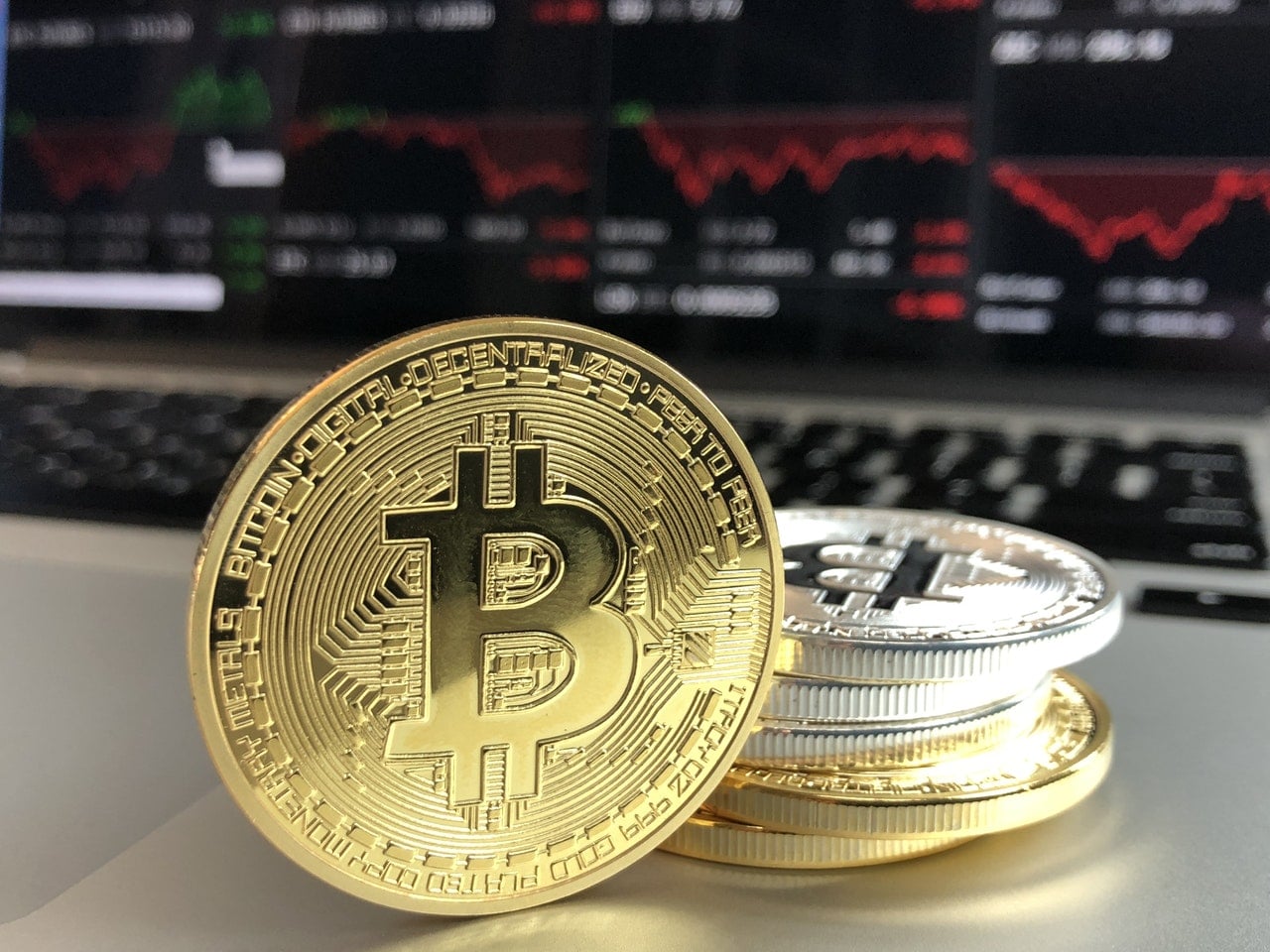Blockchain could be the missing link in allowing the renewable energy revolution to occur. While there is already an annual investment of €231 billion into the environmental energy sector, it is estimated that four times as much needs to be invested for us to achieve the full potential of this environmental energy shift.
There are many factors limiting the investment into environmental energy and one of these is actually the financial processes that have to be followed in order to invest. Energy efficiency investments can be difficult to make, which puts lots of investors off, but they don’t have to be. Blockchain investment is the latest in fintech news and it can provide the missing link to increase investment into the renewable energy revolution. In this piece, I’ll explore the reasons why blockchain investments could ring in the changes for environmental energy investments.
IMAGE: PEXELS
The Investment Gap
The scale of the gap in required funding and actual funding is explained in large part by the barriers and externalities that prevent investment in this industry. Subsidies for renewables and fossil fuels and the absence of a carbon price make an investment into traditional energy easy and affordable. In contrast to this, however, the comparatively small nature of environmental energy assets and projects that lack subsidies make this investment unattractive to traditional bankers and investors.
In contrast to other energies, energy efficiency is harder to measure as it is commonly measured as a reduction rather than physical production. The result of this is a perceived complexity that puts off investors and causes them to demand higher and sometimes unachievable rates of return. Traditional investment processes are put off by efficient energy investments but innovative investments can benefit instead.
Innovation In Investment
Blockchain uses a distributed digital transaction technology that allows peer-to-peer investments to be placed outside of banks and traditional trading platforms. All transactions are recorded by the community of users, creating a clear and traceable record of investments. For the investor using blockchain, this can allow them to make trackable investments directly into the renewable energy industry without having to go through banking systems.
What this can allow is the creation of microgrids that enable the purchase and sale of energies without any brokerage between parties. An example uses a solar panel on one property that is able to transfer surplus energy to neighbors when it is available. In return, cryptocurrencies are transferred to the owner of the panel, meaning that energy can be traded instantly and automatically through blockchain without any involvement of outside parties.
On a larger scale, several companies in the Netherlands and Germany have used blockchain investments to take control of electricity grids with a view to ease the charging of electric cars and make use effectively chargeable.
Removing Intermediaries
The main reason that blockchain offers so much potential in the energy efficiency market is that it allows for the removal of intermediaries from the process. By removing transaction barriers, it becomes possible for peer-to-peer transactions to be made and for stakeholders to take more concerted actions.
While the technology is not yet mature, it is growing fast and offers massive potential when it comes to fintech news. By offering a flexible and secure investment solution it can allow investors to bypass intermediaries and make investments into technologies such as renewables that are not traditionally supported by the banking system. With outside investment to boost the massive international investment shortfall, this could see the rapid development of renewable energies occurring at last.
In 2017 alone, blockchain saw $4.5 billion of investment being made. While this investment is still minor on the scale required, rapid growth is clearly on the way and could be the solution for efficient energy investments worldwide.
If you are interested in even more technology-related articles and information from us here at Bit Rebels then we have a lot to choose from.


COMMENTS